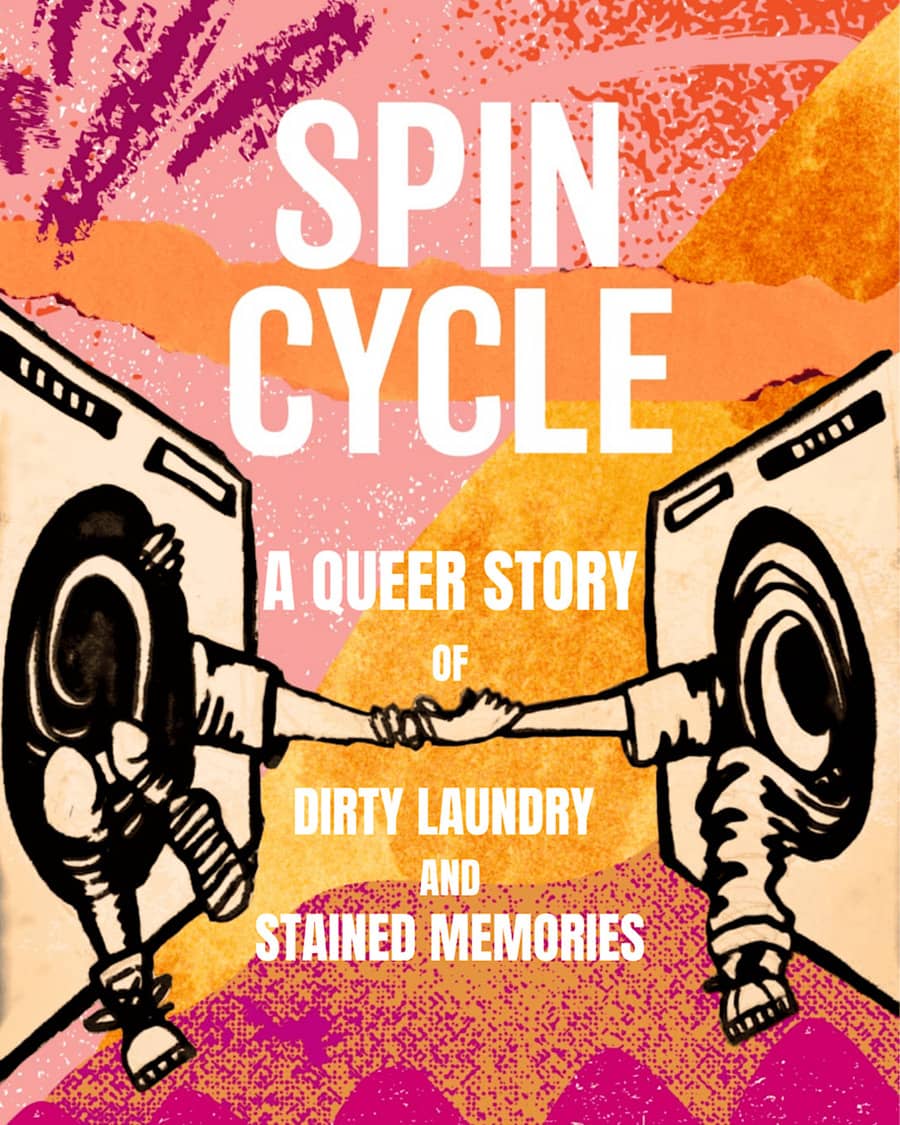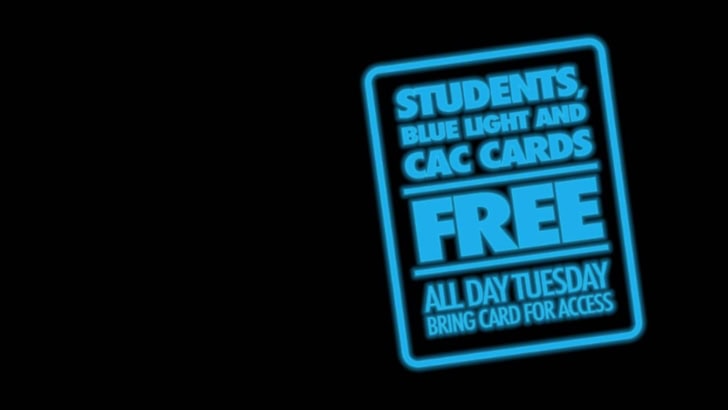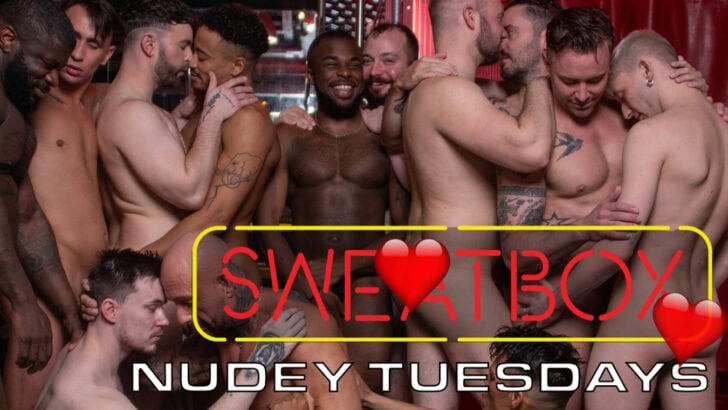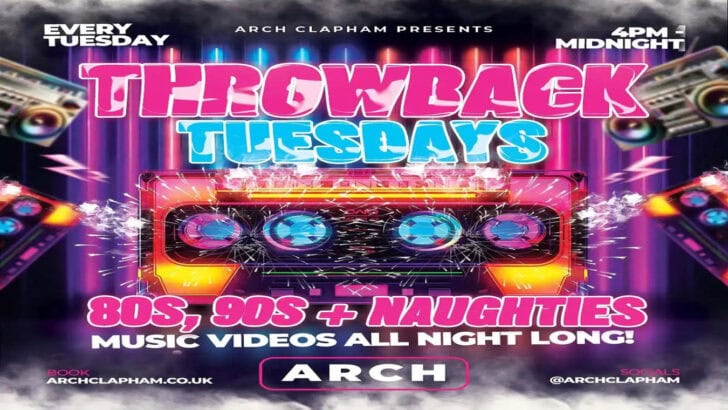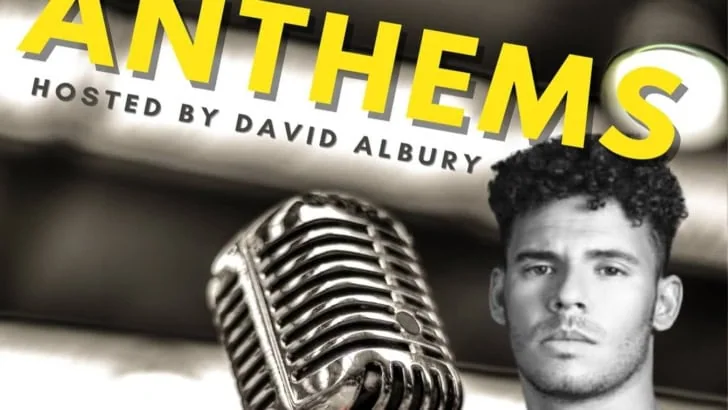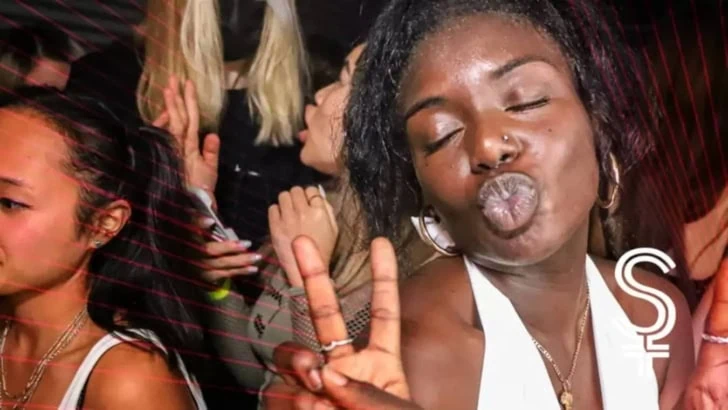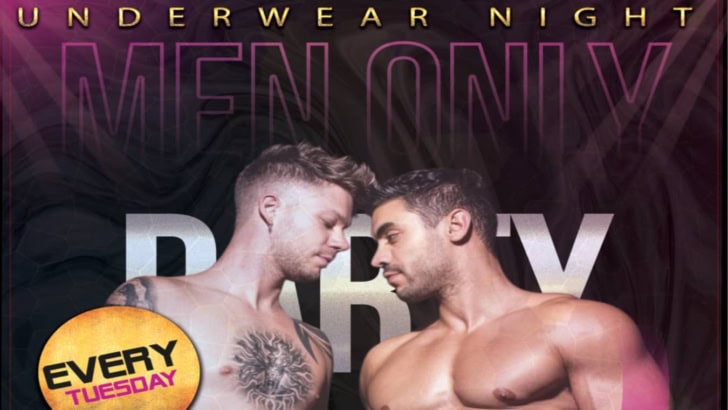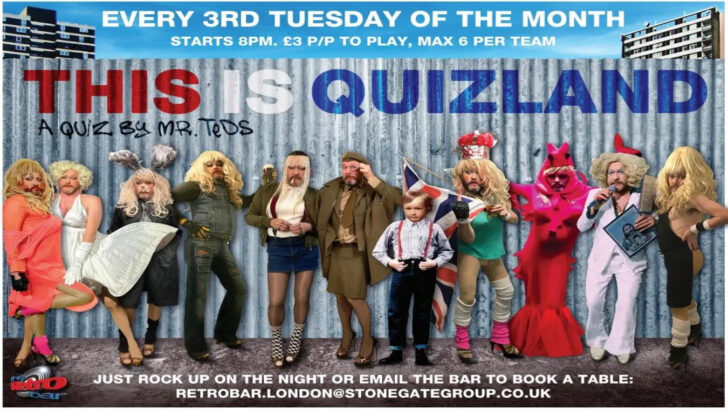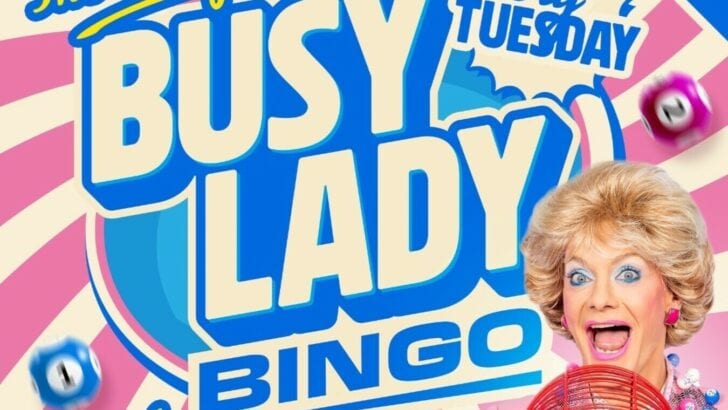Hercules and Love Affair is the irrefutably cool dance music outfit created by Andy Butler. This year they headline Brighton Pride. Andy talks to Cliff Joannou about his coming out years around leather bars, hard drugs, meth, bathhouses and dance music… and why gay pride matters to him.
Andy Butler, creator of über cool dance outfit Hercules and Love Affair is moving to Ghent. Not Berlin, Amsterdam, or Chicago even, where you might think one of the music industry’s more highly regarded artists would be based.
He currently resides in Brussels. “It’s not the prettiest city. There’s not a whole lot of stuff that interests me here in terms of culture, whereas Ghent is very music orientated. It’s like a big hippy town. I was in London for a month and I was reminded of why I left New York. After twelve years of living there, I just wanted to be able to come home and have a chilled experience.”
It’s not the lifestyle I imagine a highly in-demand DJ/producer to have. “I need a middle ground. I need a small town vibe that allows me to relax after travelling but that still allows me some stimulation.”
Butler has served his time on the other side of the decks partying, getting wasted and losing weekends in a haze of clubs and after-parties. “I know how to do it. I know how to do it to the point of complete and utter destruction. I’m quite able to cause a ruckus. I was non-stop,” he tells me.
“There’s a quote someone told me from Suzi Quatro, who had this wild persona on stage. Someone asked her if she was the same off stage and she said she wouldn’t be alive if she was. So, I think it’s a rare breed that really personifies that rock ‘n’ roll lifestyle.”
With a massively hectic schedule like Butler’s its not physically possible to deliver at a gig and cane it hard 24/7, hence the move to Ghent. Since Hercules debuted, he’s been touring non-stop. “It’s been like this for six or seven years. I’m super-blessed. It’s insane, a bit grueling. Not many bands have been through their off-cycle between albums yet are constantly being booked. Hercules is lucky in that regard because there has been a sustained interest between albums.
“It’s not like we have something that comes out every nine months, because it takes collaboration and relationship building, experimenting in the studio, finding the right guest singers. You can’t just kick it out. Considering that there have been lulls between output, we’re really lucky to be touring so much with live shows.”
This summer they have a run of gigs ahead, from the Secret Solstice Festival in Iceland to headlining one of the UK’s most popular gay events, Brighton Pride. “Pride is always festive. It’s like we’re preaching to the converted already. I talk to the singers after every show and we all have different opinions about what makes a good show. One of the guys likes being in front of an audience that he needs to win over and pushing them to say ‘fuck it, they’re great’. But for me, at Pride we’re playing for an audience that are looking to celebrate their identity and their freedom. That makes for a good party. When that energy is already in the room, I like that.”
They’re not new to Pride gigs. From having played at Prague (“It was just 4,000 people but for Eastern Europe it’s an important event”) to Toronto (“Which was about a million people, and it was just too big, too chaotic. It was a crazy show, but it was amazing to see that many people celebrating.”).
Hercules aren’t immediately identified as a ‘gay’ band, for which Butler says is fine because ‘the music should come first’ but he’s quick to highlight that it’s not like they hide their sexuality. “There’s all kinds of sexual and gender variants in the project and we express it outwardly, but it’s very important that the music and art speak first.”
Butler’s journey to discovering his own sexual identity was “pretty nuts”, and this is where his previous reference to his excessive partying originates. “I was very much baptized by fire in the most extreme way with my introduction to gay culture. At around 16 years old it was leather bars, hard drugs, meth, bathhouses and dance music. I’m very fortunate to have lived through coming out.”
He laughs when I ask where the hell were his parents? “I was in Denver, Colorado and I came out in a family that was on some level a middle-American experience. First of all there’s repression: ‘do not talk about it, do not express yourself’. Often in those situations a young person figures out a way to express who they really are and it can be not the healthiest way.”
He did what a lot of guys do and went to the places where sexual activity was happening. He realizes that retrospectively, it was “insane to think about” hunting out sex in parks and hitting warehouse parties at such a young age. He describes his behaviour as living the life of a rebel while having his first run-in’s with the law.
Artistically, he praises John Waters’ cult classic Pink Flamingos as opening his eyes to an idea of counter-culture a world away from his conventional upbringing. “I was fifteen. I was like, ‘OK, not everything is pretty, and that’s actually beautiful. Trash is kinda cool.’ I think I didn’t fully understand what was being said in that message, but I ran with it. I got a crash course in aesthetics.”
For readers unaware of John Waters early films – look them up, and get involved in the conversation about why many gay men have an innate association with such trashy underground culture. Butler has his own theories: “A large majority of us are drawn towards things that aren’t gender appropriate, and finding beauty in things that we’re not supposed to, like men dressing up as women.”
As with other young people growing into adulthood, he journeyed through a range of emotions. “I remember being a really sad, young adult having just turned 21 and having thoughts that life was going to be over soon. I would start drinking at one or two in the afternoon, and behaving in a way that wasn’t functioning. I didn’t feel like I had many adults in my life that were willing to sit down and take me through the nitty-gritty of having a functioning fulfilling life. My parents were neglectful.”
He says he’s since reconciled with his family, but acknowledges how during those years there was a lot of turning a blind eye on their part and generally not being interested in what was going on, or feeling that they could do anything about it.
Today his mother gives him the expected parental disapproval when he discusses these subjects during interviews. “The first time my mum read about me talking about meth, she asked if I really had to. I don’t know if I have to talk about all that, but I’m not ashamed to. If on some level it can shine a light on something our community deals with, and I can be something of an example of getting through that, then maybe it’s useful.”
From a wayward teen to an erstwhile figurehead, he acknowledges the nature of being a gay guy in the spotlight in a world that is still hostile about our very existence. “I feel like I’ve become more receptive and inquisitive about what’s going on in the world than I ever was in my life. I’m lucky that I have first-hand experience from traveling and having gay kids from all over the world come to my shows. I have a ton of interaction and I get to hear a lot about what’s going on in different countries.”
Life experience has opened his eyes to the realities of modern life. “Nothing’s all good or bad, either. I’m sick of this thinking that drugs are good or bad, or sex with lots of people is good or bad, or that anything has to be normal on any level. I’m really not interested in it. That’s just not how life works.
“It’s more important to get a grip around the idea that nothing’s either black or white, and take care of yourself and others. That’s why I need to live in a city and act like grandpa, because I spent years acting like that insane fifteen year old.”
• Hercules and Love Affair headline Brighton Pride on Saturday 1st August. More info and tickets: www.brighton-pride.org

